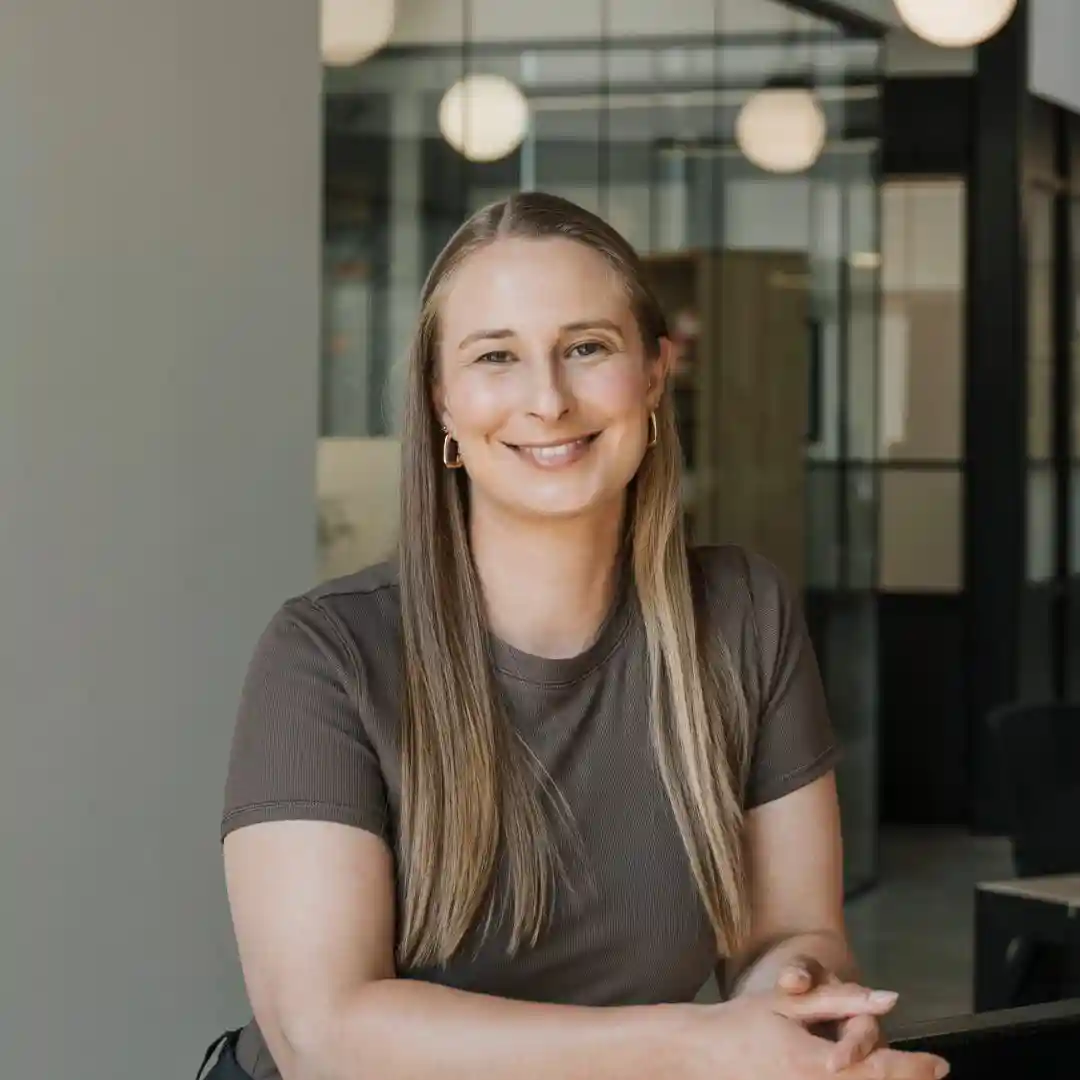
Frog Point Therapy
SALT LAKE CITY, UTAH | COUPLES AND FAMILY THERAPY
Who We Are
RELATIONSHIP EXPERTS.
Our clients approach from many different directions: we treat anxiety, depression, ADHD, couples wanting to deepen an already strong union or those in deep conflict, individuals who are doing fine and want to realize their full potential, people afflicted by trauma, those of us coming out or transitioning, people stuck in careers that don’t align with who they are now, parents and their adult children that want to be closer, counselors and therapists who want to invest in their own personal and professional growth, and so much more. Frog Point Therapists are united by a reverence for the complexity of the human experience and our capacity to grow across the entire lifespan. Our work is a privilege. If you are ready, we are ready: let’s roll up our sleeves and get to work.


BEHIND THE NAME
WHAT IS A FROG POINT?
In railroad engineering, a frog rail is a v-shaped mechanism that guides trains from one track to another at a railway junction. A pair of v-shaped rails is called a “frog point.” These points direct an oncoming train toward a diverging path. The frog point is an analogy for how we, as therapists at FPT, think about our role in the change process. We are facilitators and conduits of transformation. We can’t make the change happen, but we do help create structures and circumstances that scaffold and catalyze your evolution as a person. Like the frog point facilitates a track change for an oncoming train, we support our client’s forward progress into new stages of development toward fuller lives.
Frog Point Therapy
Services



"Therapy with Sarah wasn't about what I "should" be doing... it was about getting deep into the heart of the issue and learning how to be truly self-compassionate."
"I felt like all aspects of myself were welcome... even the aspects that felt embarrassing before. I shifted how I saw those aspects of myself, too."
GETTING STARTED WITH THERAPY
HOW TO CHOOSE A THERAPIST?
Picking your therapist—whether it is a Frog Point therapist or otherwise—is the most important first step.
Complementarity between a client’s need and the therapist’s offering is essential to a successful therapeutic experience.
So how do you pick the right person?
Sense into what you need from therapy. Do you want a holding environment in which you can spread out, vent, hear yourself think out loud, and receive validation and support? Do you want something that pushes you out of your comfort zone and helps you see things you are avoiding? Do you want something a little more technical and concrete? The answers to these questions can tell you about the sort of theoretical orientation you are looking for in a therapist.
Have consultation sessions with at least two, if not three, therapists to see who you spark with the most. Most clinicians will offer a free phone consultation and some even offer a free in-person consultation. Keep in mind that a good therapist is just as motivated to be a good fit for you just much as you are with them because it means they will be able to do their work more effectively. During those consultation sessions, you might want to ask the following questions:
- What therapeutic theories do you typically work with?
- How do you typically approach treating anxiety/depression/etc.?
- Is there something you would like your clients to know before starting therapy in general, and more specifically, with you?
- How much do you charge and how does payment work?
- What is your cancellation policy?
- How long do your clients typically work with you?
- What is your availability/schedule?
When you are interviewing therapists, it is perfectly fine to let them know you are looking around for the best fit. This way, you are not committing to a longer-term treatment right away and you can take some time to decide which person feels right for you.
What To Expect At The Beginning Of Therapy?
Your first session will very likely be a bit different from ongoing therapy sessions. In the first session, your therapist will be focused on gathering information and establishing rapport, which means they might hang back a bit in order to get to know you and your story. The first session involves setting goals, reviewing the limitations of confidentiality, and answering any questions you might have about the therapeutic process.
Even after you schedule your first session, you can think of the first three to four sessions as a “trial period.” Some clinicians operate this way as a matter of principle but do feel empowered to observe the quality of the relationship as well as the unfolding therapeutic process in order to assess whether the fit feels right.
At this point, you have a few options:
- You may choose to continue as is.
- You may need to make slight adjustments to the process but stay with the same clinician (“I would like to shift to focus on [x] more,” or “I would like a little more space to just talk without so many questions.”).
- You might decide that you are just not jiving with the therapist as much as you hoped and want to try someone else.
Terminating with a therapist can feel like a difficult conversation to have, but remember, fit works both ways. Therapists are just as motivated to find a good fit with their clients and their clients are with to match with them. It helps if you’ve preemptively laid the groundwork for this situation by telling your therapist you’d like to only do two or three sessions at first to see how things go.
WHAT CAN I EXPECT IN MY FIRST COUPLES/MARRIAGE COUNSELING SESSION?
Before your first session, you and your partner will have both had a chance to speak one-on-one with your therapist. The first session will focus on orienting to the process of therapy, helping your therapist understand your story, and discussing the focus for treatment. Your therapist will provide initial insights around the dynamics of your relationship and may give you a task to complete before the next session when appropriate. Your therapist may suggest having one or two individual therapy sessions with him or her concurrent to the couple’s session. It is strongly recommended that each partner be in their own individual therapy simultaneous to couples’ work. The reason for this is that each individual brings their own history into the relationship which impacts the dynamic created within the unit. It is rarely the case that improvements in one’s individual self does not result in improvements within the relationship and in fact, some of these individual improvements are necessary for there to be changes in the relationship.
What To Expect At The End Of Your Therapy?
Termination, the technical word for the end of therapy, is a topic that too often goes undiscussed. Most people have complicated relationships with endings. We carry the trauma of bad breakups, parents walking out on families, death, and loss around with us and these traumas often get reenacted in therapy.
It might feel hard to tell your therapist you don’t need them anymore, or therapy is no longer helpful, or perhaps your therapist has said or done something that upset you but you don’t know how to talk about it. Perhaps you feel like you’re getting too attached and need to cut and run before you get hurt, or that you revealed too much and feel too exposed and vulnerable. Perhaps you feel like you’ve achieved your goals and are ready to be on your own for a while.
Ending therapy is as important as starting it.
Termination in therapy can be an opportunity to curate a healthy ending, perhaps for the first time in your life. It is an opportunity to metabolize and clarify the experience you had, the insights you’ve gained, the changes you’ve made, and the things that need ongoing work. A good ending in therapy can help you to maintain the changes you’ve been able to achieve and prepare you for upcoming challenges. If endings in your life have been painful and destructive, an intentional ending in therapy can interrupt unhealthy relational patterns.
Typically, the termination period occurs over two to four sessions. During that time, your therapist slowly helps you make sense of your experience, clarify your progress, prepare for what’s coming in your life, and say goodbye. If you feel like an end to therapy is approaching for whatever reason, the first thing to do is let your therapist know. You can then begin to talk about and plan a healthy termination that honors the experience that two people, client and therapist, shared with one another.
OUR FAMILY
Frog Point Therapy Team Members
Check out our therapists to find the one that’s the perfect fit for you.



